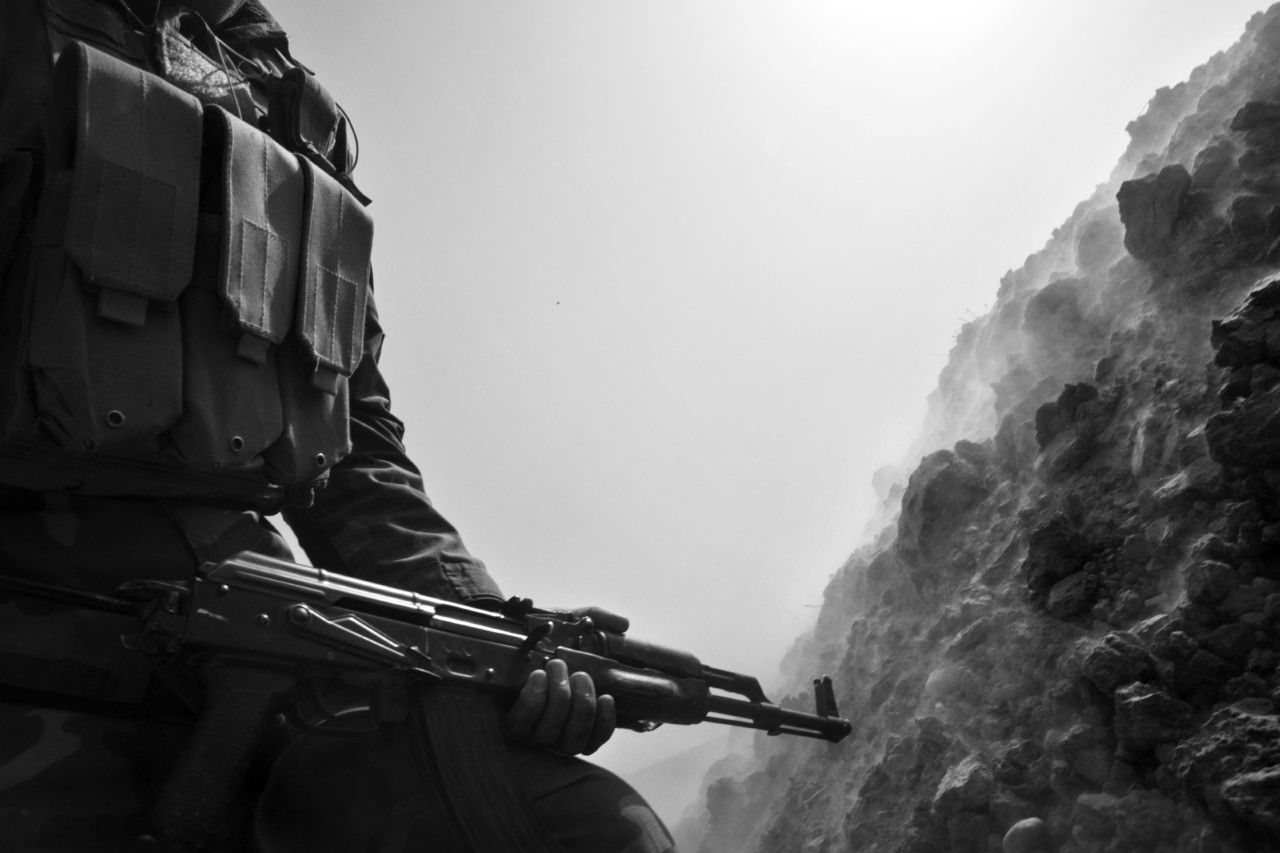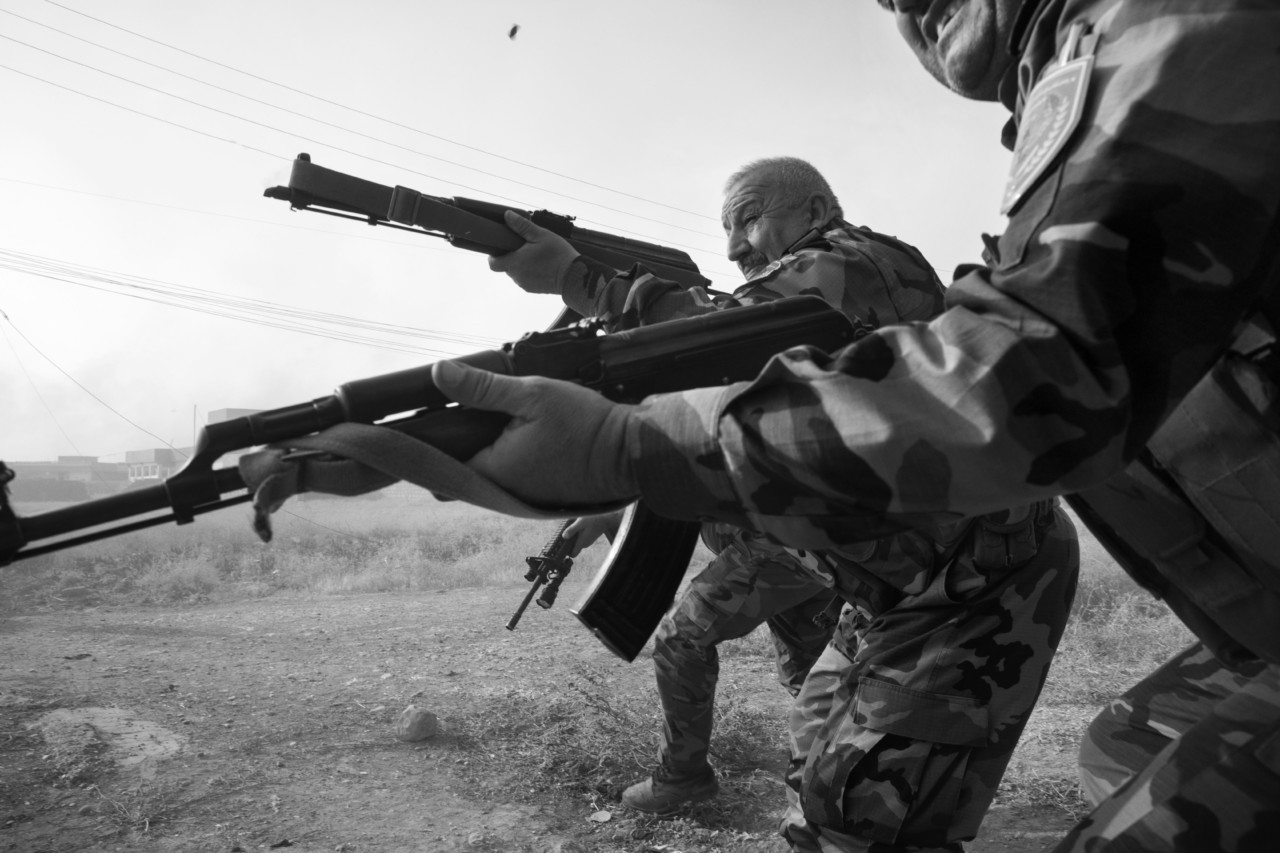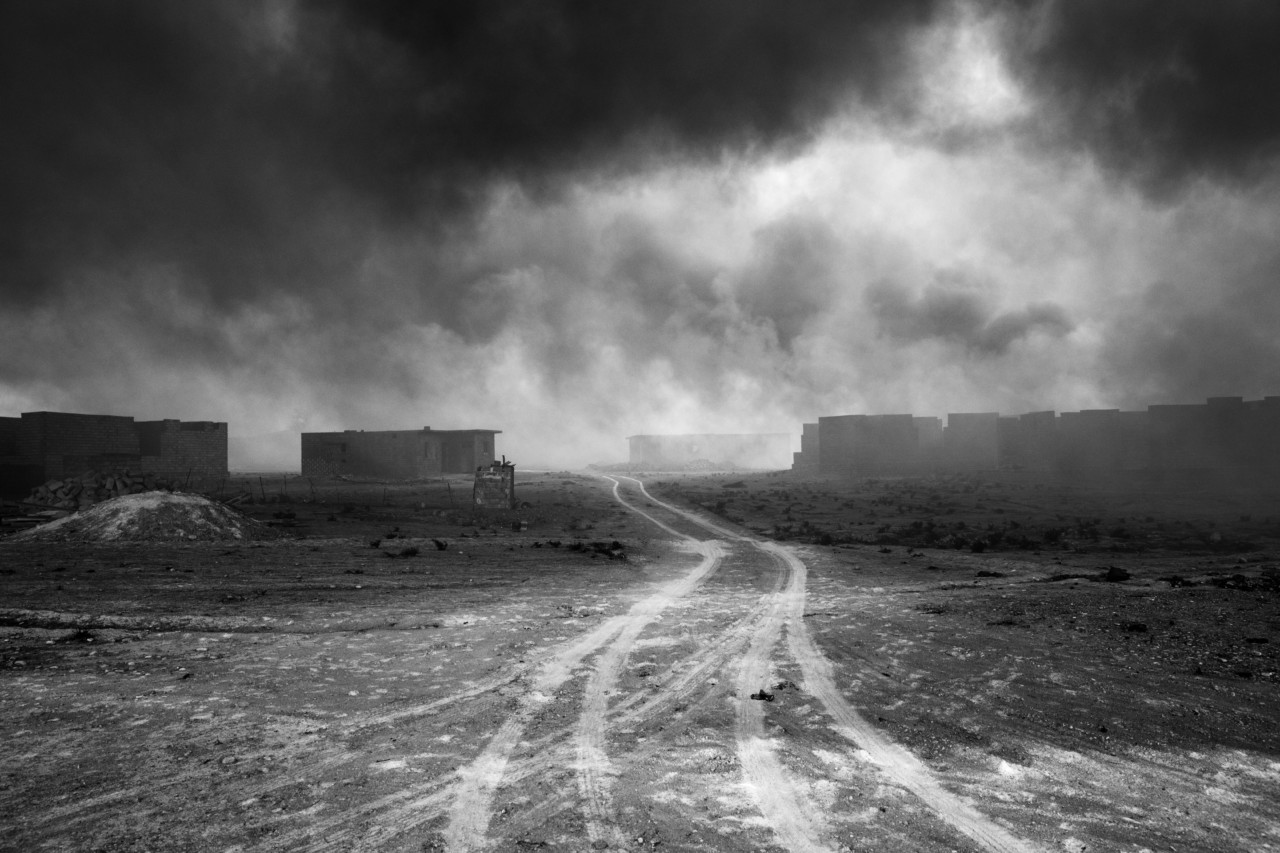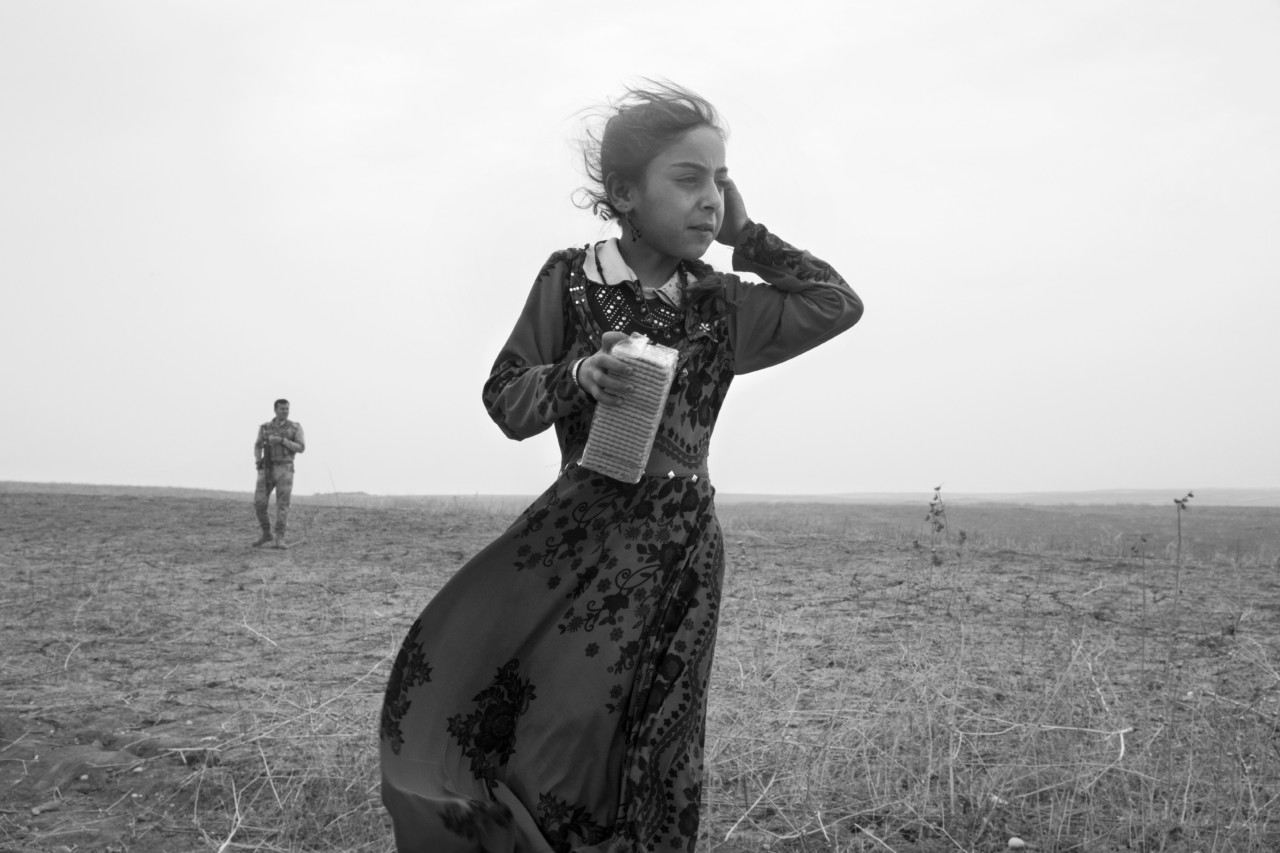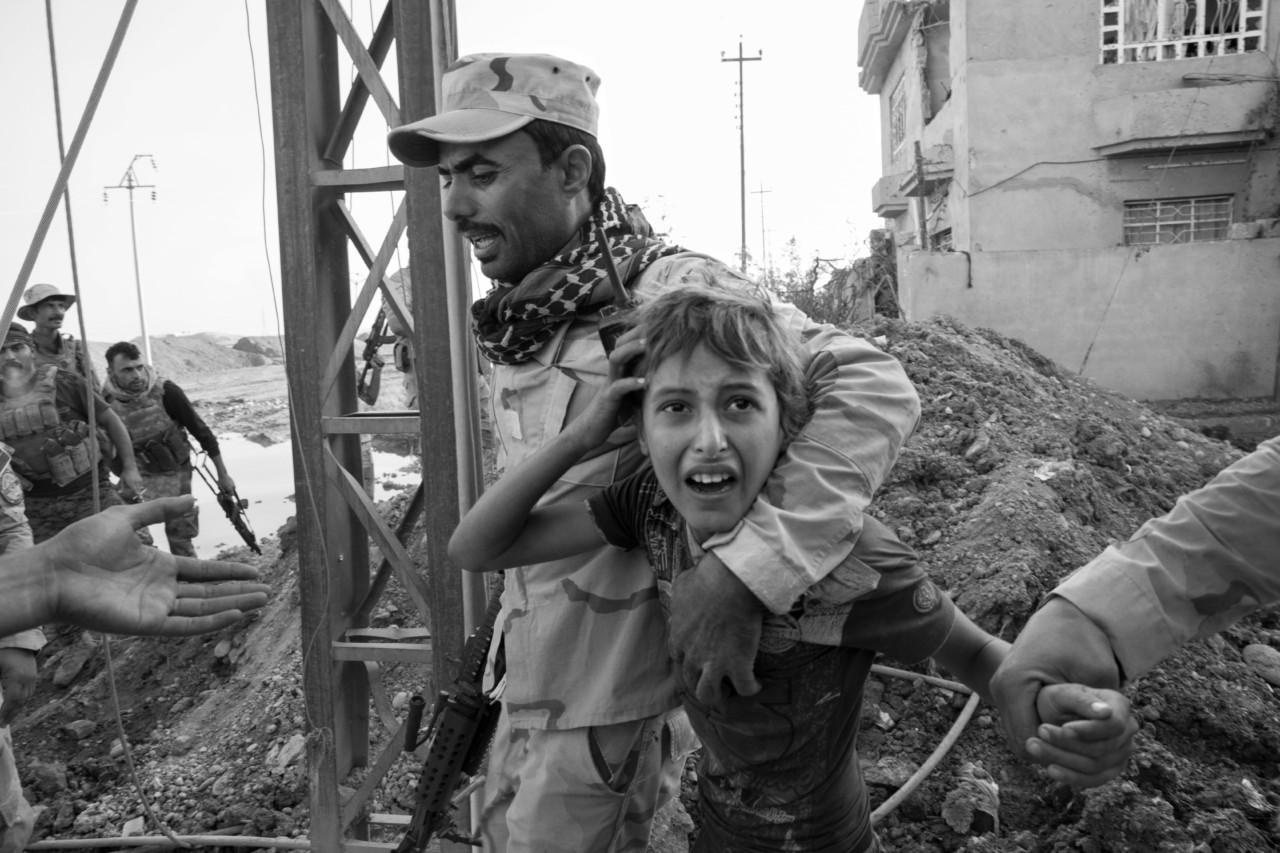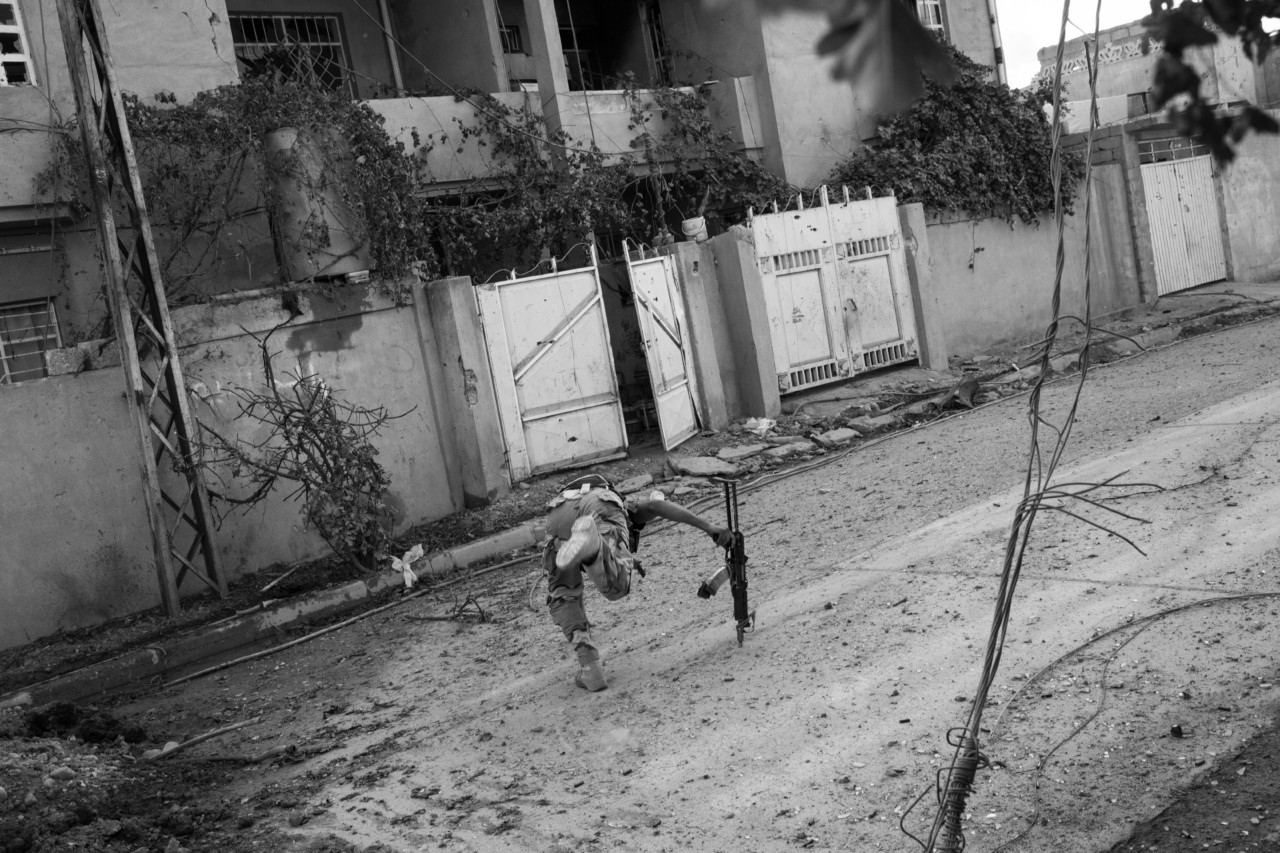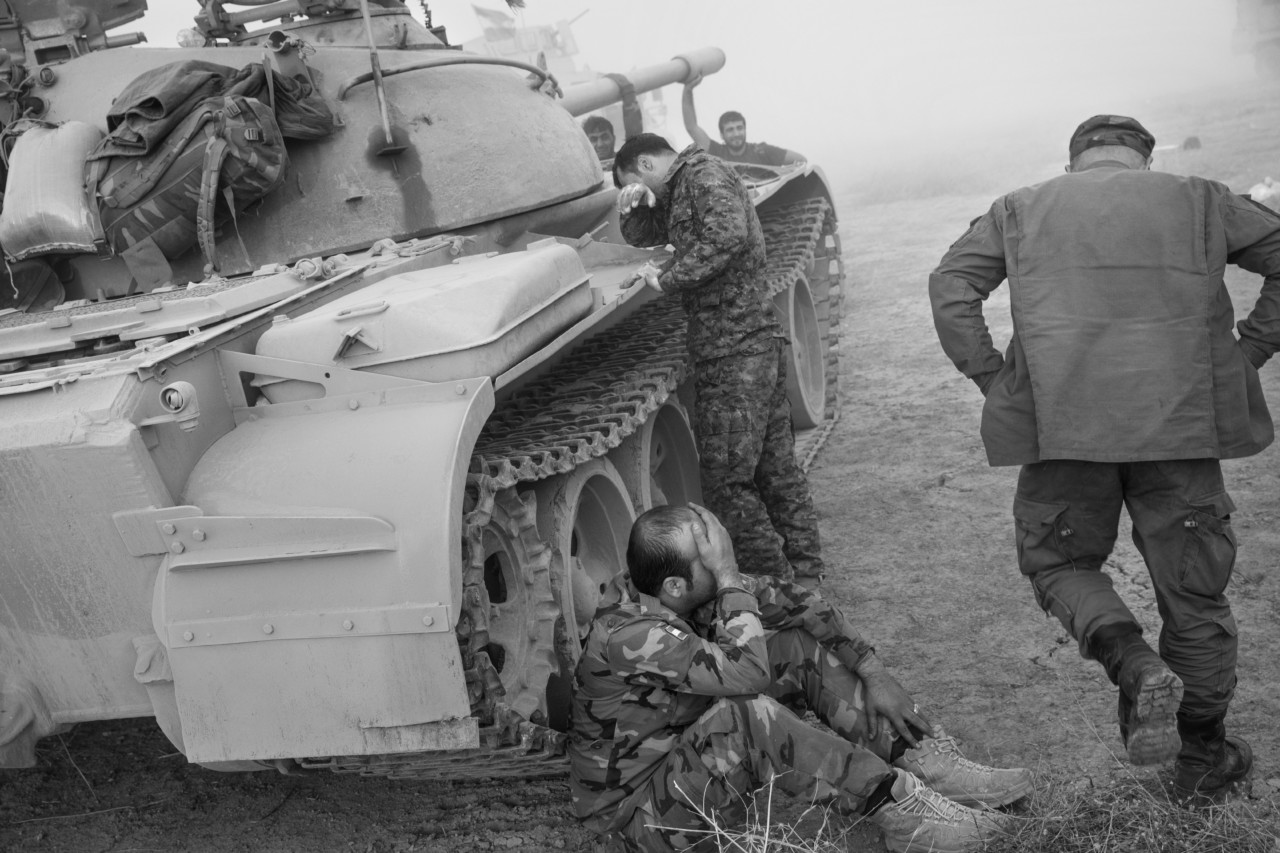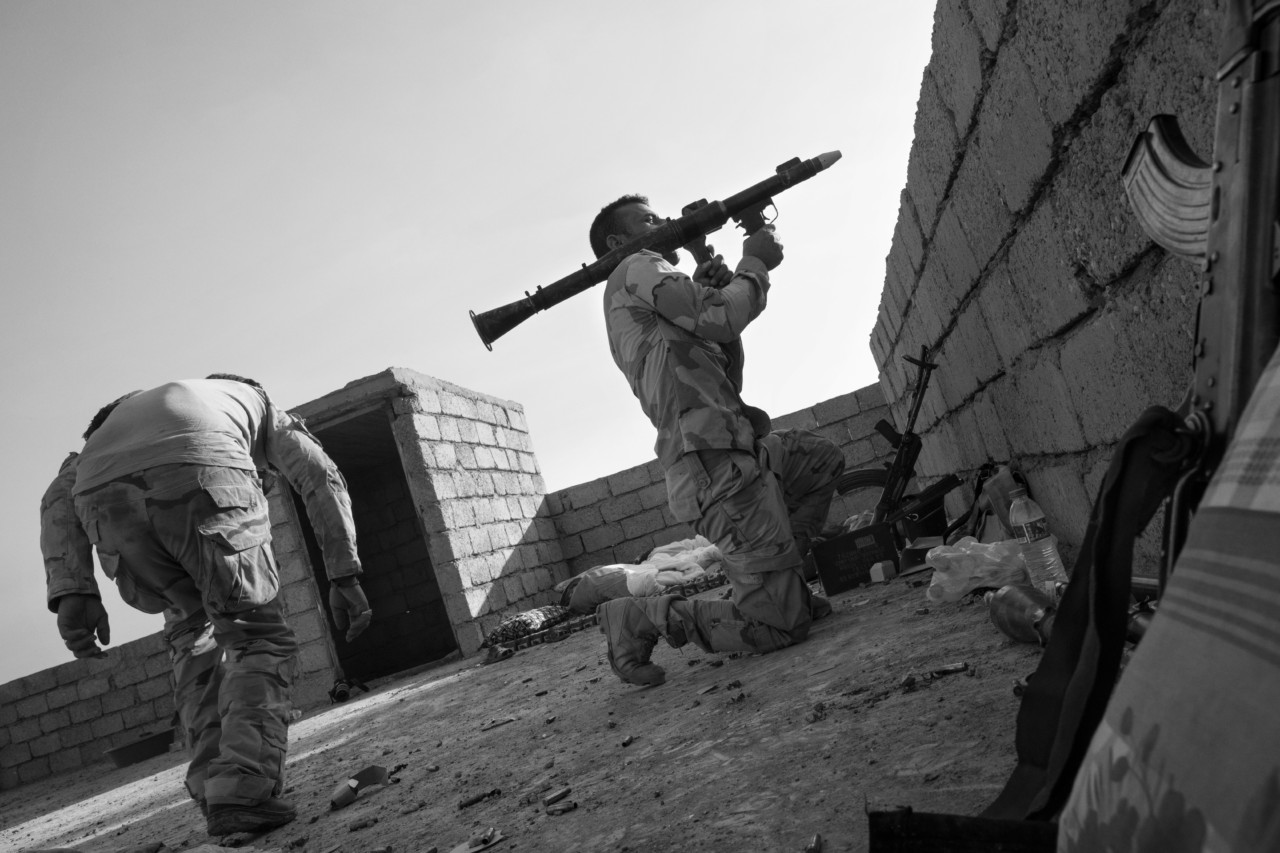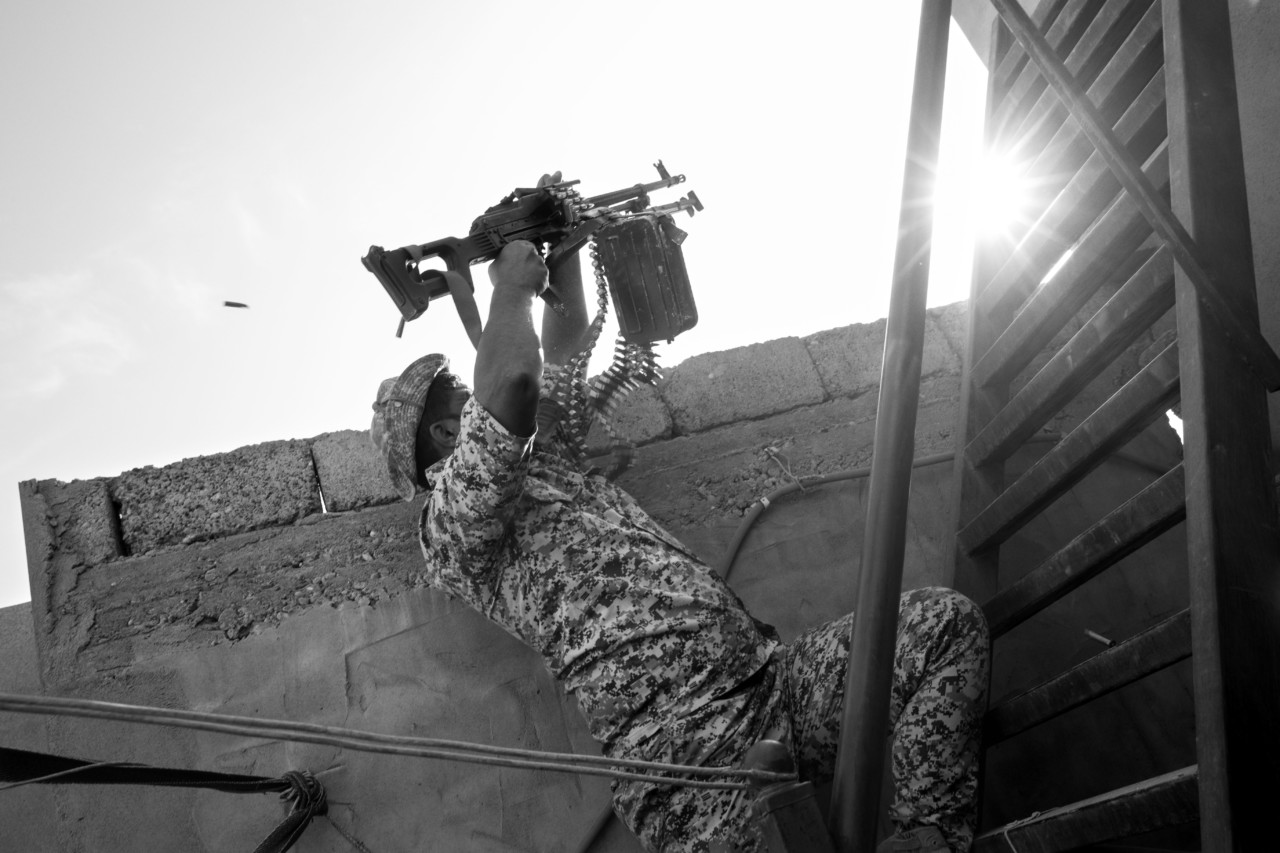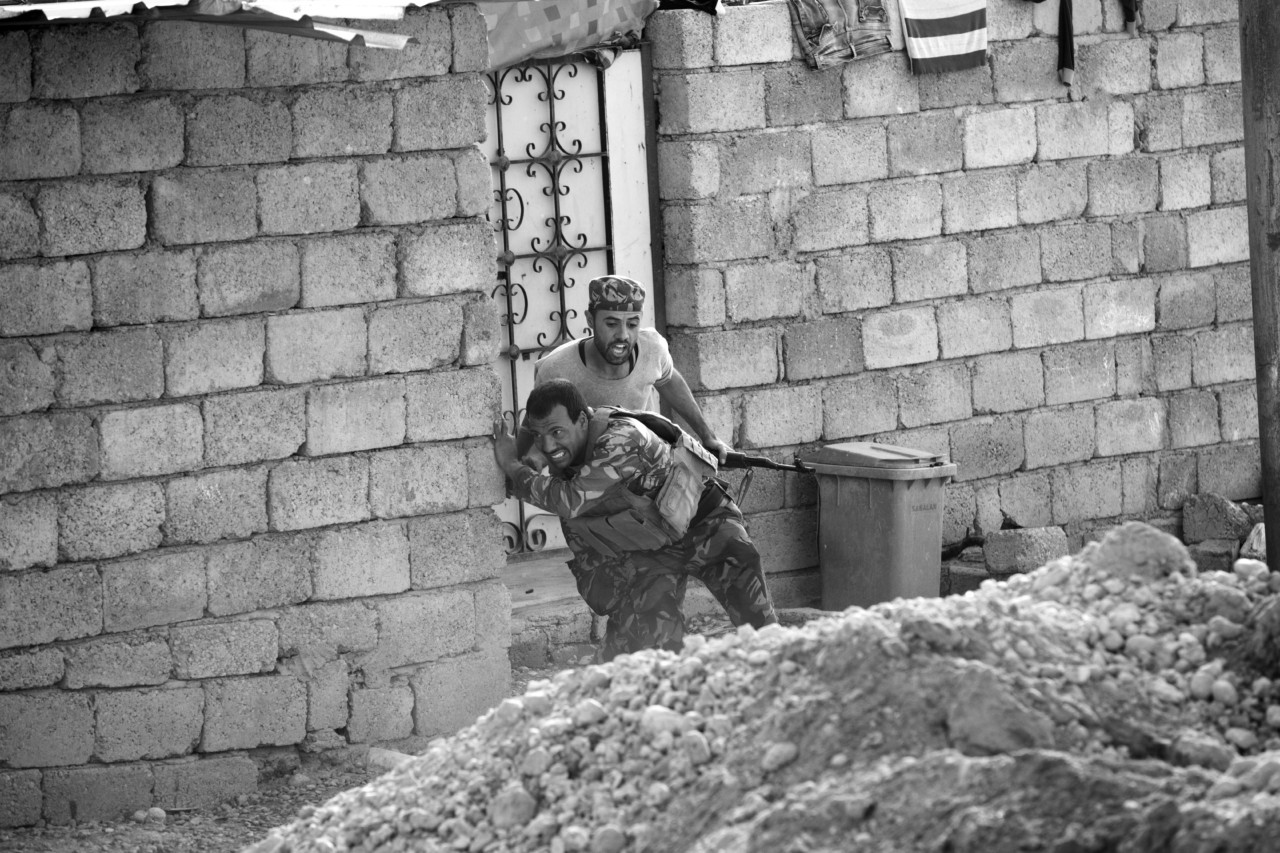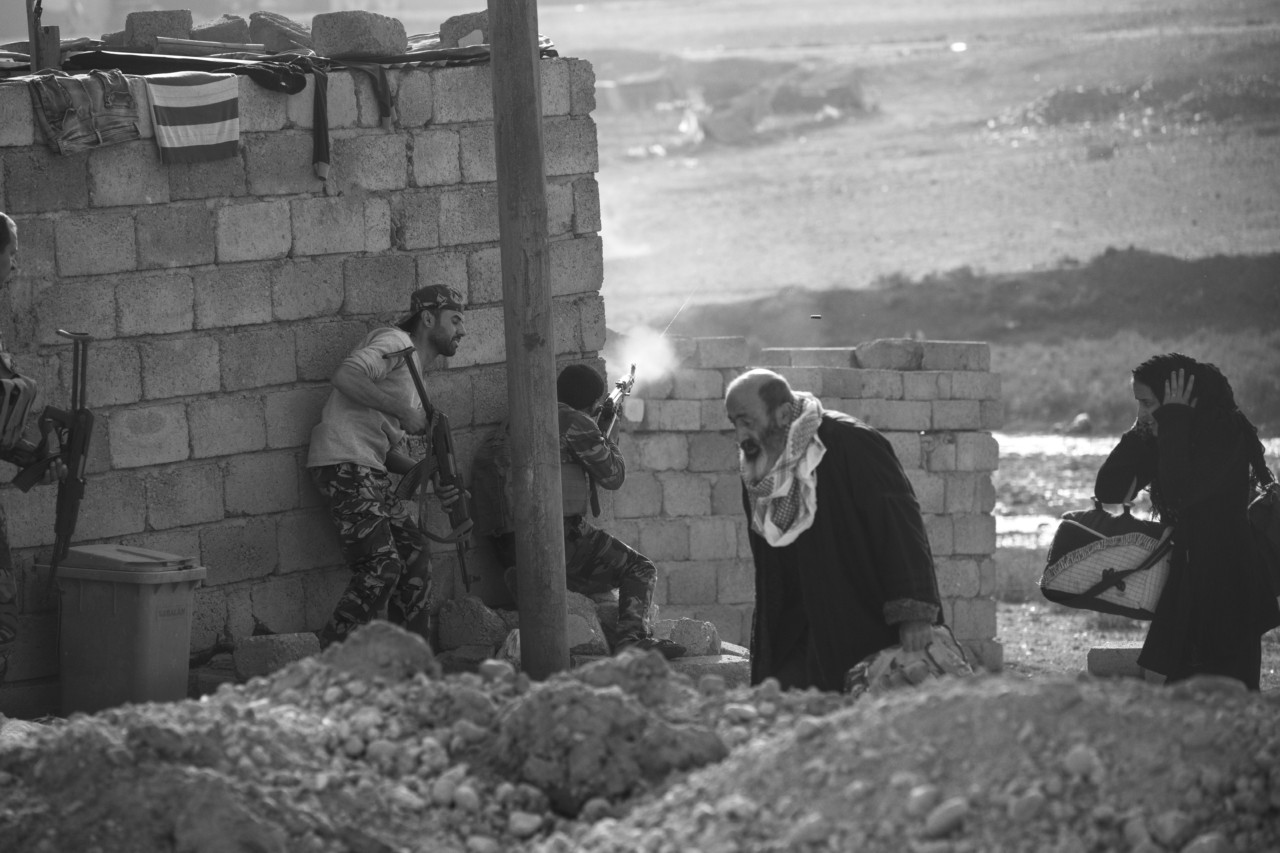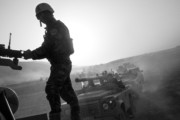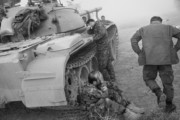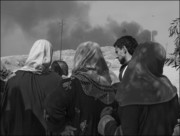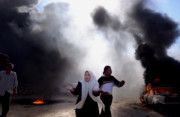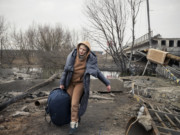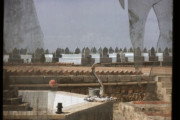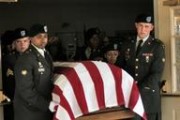Retaking Mosul
Paolo Pellegrin on photographing the war in Mosul as the Iraqi city begins to slip from ISIS’s grip
Paolo Pellegrin first photographed Iraq in 2003, when the US invaded the country. In the years that followed, Pellegrin’s documentation of complex conflict all over the Middle East has earned him numerous awards. For those following the war in Iraq, the eventual battle in Mosul was a known inevitability, and for Pellegrin, documenting it would represent the culmination of over a decade of journalism. Here, he talks about his recent visit to Mosul, and reflects on a city under fire.
How has your perception of the situation in Iraq changed over the years you’ve been documenting conflict in the Middle East?
I first went to Iraq in 2003, following the US-led invasion. At the time, I had made the decision to not embed with any coalition force. My thinking was that I didn’t want to witness the situation through the filter of an invading force, even though it made it more complicated to operate on my own in what was a hostile environment. I went again last year, and just recently went to document the initial stages of the battle to retake Mosul, and again my decision, and that of the writer James Verini (who was working with Pellegrin on commission for the New York Times) was the same as fourteen years ago, to not embed but to try and work as independently as possible, even though we did of course end up working alongside some of the Kurdish Peshmerga fighting units or the Iraqi army on several occasions.
I think that the fourteen years since the invasion have showed the world pretty clearly about the short-sightedness of the decision to invade Iraq. As we know the reasons we were told at the time for doing so have been shown to be false and it’s been amply shown to have been a catastrophic mistake on the part of the US, one that has caused massive suffering for the Iraqis who have seen their country torn apart.
Mosul has been under control of Isis since 2014, and the battle to retake Mosul has been raging for months. What, if anything, in your opinion, is different about this particular conflict at this particular time?
ISIS has been in Mosul for over two years now. According to many military analysts they are doing a good job at making the efforts to retake the city very difficult. Urban environments are the most difficult ones to operate in in a war – urban density, the presence of civilians, human shields etc. all make it very complicated. The ISIS vast tunnel network is also a problem because the Iraqi military fight to clear areas only to find that ISIS militants reappear to their flank or behind them.
According to reports there are also a number of hardened fighters, not only Iraqis, but also a number of battle hardened foreign fighters active in Mosul. They also don’t really seem to have any exit routes so it would seem they will fight till the end. From what I’ve seen, and from my experience, this is one of the worst situations I’ve witnessed, and retaking Mosul is going to take months and have a huge human cost.
In one particular image from Mosul, we see a young boy suspected of being an informant for ISIS. Can you tell us the story behind this image?
That day I was with an Iraqi unit, the 9th army armoured division, at a place they were holding, just in the outskirts of Mosul. We came to a house they were using as their temporary base and saw a young boy being questioned. He had been seen with an ISIS militant a few hours prior. The army had killed the ISIS man and then they had taken in the kid for questioning and he was giving them incorrect and inconsistent answers. The army thought that he might have been a spotter for ISIS; it is apparently a somewhat common practice for them to use children to gather information. This went on for a while and the kid was then released. We then left and moved onwards to Mosul proper with an army unit. We saw him again several hours later; he had been caught in between the ISIS line and the Iraqi army line. The army took him back in again because at that point it had become quite clear that he was in fact being used as an informer.
Overridingly, your photographs depict a deserted and barren land, a powerful statement about the state of the country. What is your impression of the conflict in Iraq today?
I think its fair to say that Iraq is by and large a wounded place. An invasion, years of fighting, sectarian violence and now of course the presence of ISIS make it a very hard place to exist for Iraqis.



